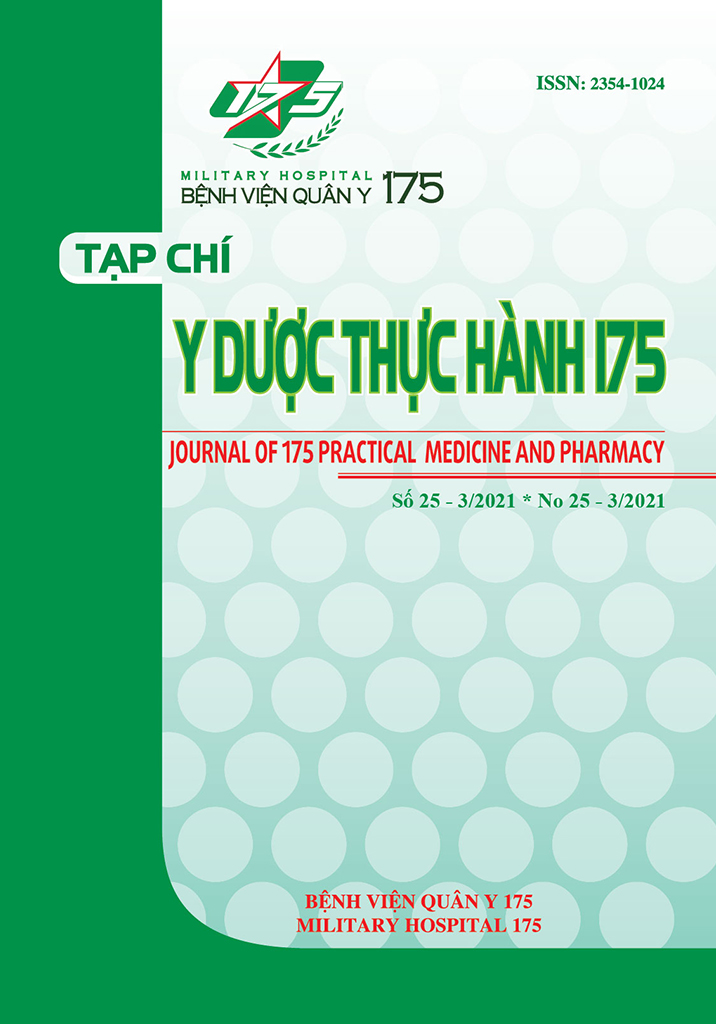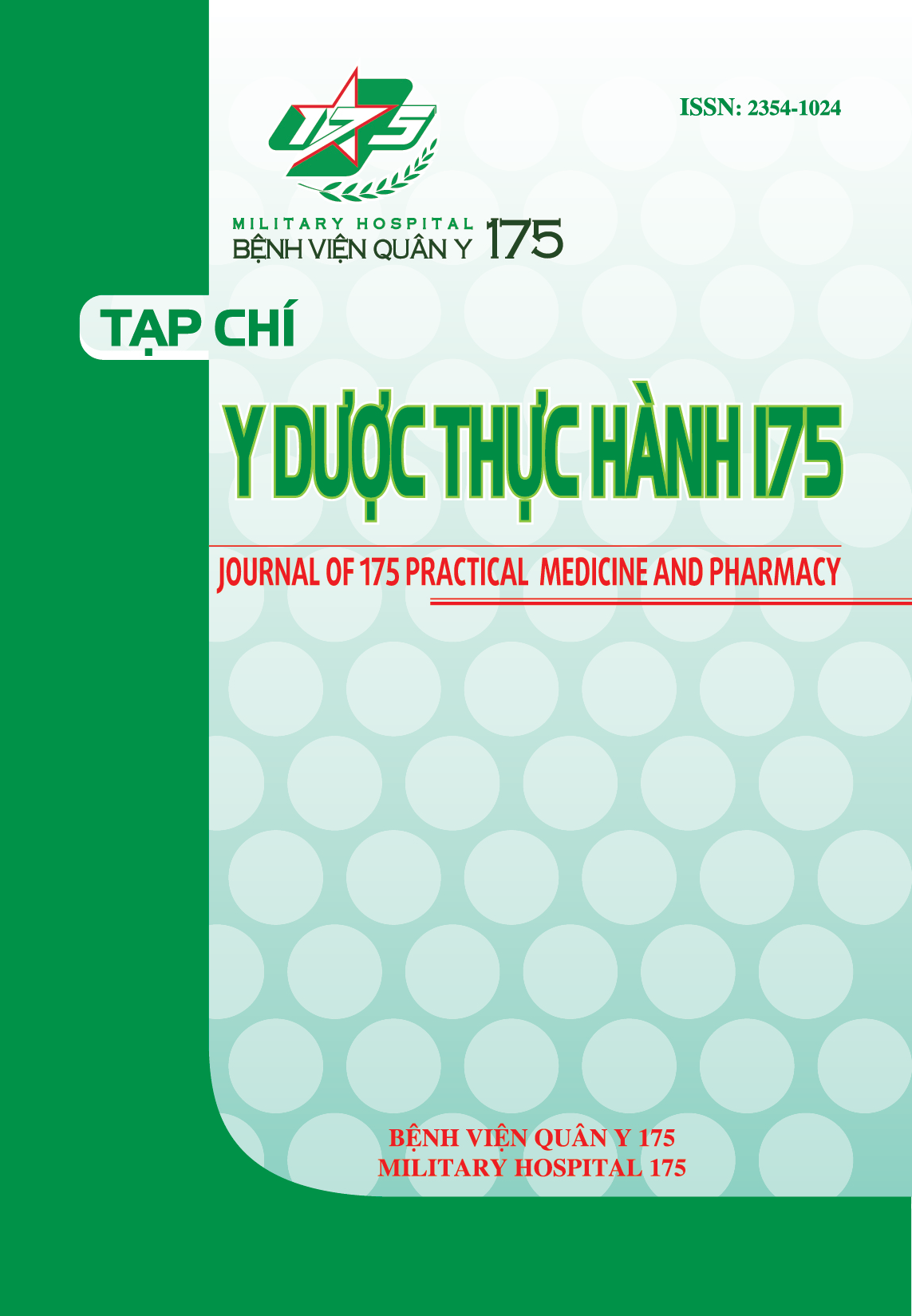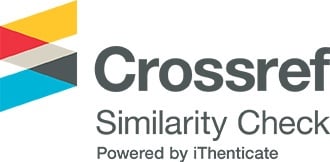SOLUTIONS TO REDUCE INTERRUPTION THROUGHT OUT MEDICATION ADMINISTRATION OF NURSE IN UNIVERSITY MEDICAL CENTER, HO CHI MINH CITY
Authors
Keywords:
Interruption, medication, intervention, nurseReferences
Andrade C, Menon V, Ameen S, Kumar Praharaj S. Designing and Conducting Knowledge, Attitude, and Practice Surveys in Psychiatry: Practical Guidance. Indian Journal of Psychological Medicine. 2020;42(5):478-481
Bower, R., Jackson, C,, & Manning, J, C, (2015), Interruptions and medication administration in critical care, Nursing in Critical Care, 20(4), 183–195.
Colligan, L,, & Bass, E, J, (2012), Interruption handling strategies during paediatric medication administration, BMJ Quality & Safety, 21(11), 912–917.
Flynn, L,, Liang, Y,, Dickson, G, L,, Xie, M,, & Suh, D,-C, (2012), Nurses’ Practice Environments, Error Interception Practices, and Inpatient Medication Errors, Journal of Nursing Scholarship, 44(2), 180–186.
Hayes, C,, Power, T,, Davidson, P, M,, Daly, J,, & Jackson, D, (2015), Nurse interrupted: Development of a realistic medication administration simulation for undergraduate nurses, Nurse Education Today, 35(9), 981–986.
Huckels-Baumgart, S,, Niederberger, M,, Manser, T,, Meier, C, R,, & Meyer-Massetti, C, (2017), A combined intervention to reduce interruptions during medication preparation and double-checking: a pilot-study evaluating the impact of staff training and safety vests, Journal of Nursing Management, 25(7), 539–548.
Johnson, M,, Weidemann, G,, Adams, R,, Manias, E,, Levett-Jones, T,, Aguilar, V,, & Everett, B, (2018), Predictability of Interruptions During Medication Administration With Related Behavioral Management Strategies, Journal of Nursing Care Quality, 33(2), 1–9.
Jett, Q. R., & George, J. M. (2003). Work interrupted: A closer look at the role of interruptions in organizational life. The Academy of Management Review, 28(3), 494–507
Myers, R, A,, & Parikh, P, J, (2019), Nurses’ work with interruptions: an objective model for testing interventions, Health Care Management Science, 22(1).
Palese, A,, Ferro, M,, Pascolo, M,, Dante, A,, & Vecchiato, S, (2019), “I Am Administering Medication-Please Do Not Interrupt Me”: Red Tabards Preventing Interruptions as Perceived by Surgical Patients, Journal of Patient Safety, 15(1), 30–36.
Raban, M, Z,, & Westbrook, J, I, (2014), Are interventions to reduce interruptions and errors during medication administration effective?: A systematic review, In BMJ Quality and Safety (Vol, 23, Issue 5, pp, 414–421), BMJ Publishing Group.
Sabzi, Z,, Mohammadi, R,, Talebi, R,, & Roshandel, G, R, (2019), Medication Errors and Their Relationship with Care Complexity and Work Dynamics, Open Access Macedonian Journal of Medical Sciences, 7(21), 3579–3583, https://doi,org/10,3889/oamjms,2019,722.
Tomietto, M,, Sartor, A,, Mazzocoli, E,, & Palese, A, (2012), Paradoxical effects of a hospital-based, multi-intervention programme aimed at reducing medication round interruptions, Journal of Nursing Management, 20(3), 335–343.
Westbrook, J, I,, Li, L,, Hooper, T, D,, Raban, M, Z,, Middleton, S,, & Lehnbom, E, C, (2017), Effectiveness of a ‘Do not interrupt’ bundled intervention to reduce interruptions during medication administration: a cluster randomised controlled feasibility study, BMJ Quality & Safety, 26(9), 734–742.
Wondmieneh, A,, Alemu, W,, Tadele, N,, & Demis, A, (2020), Medication administration errors and contributing factors among nurses: a cross sectional study in tertiary hospitals, Addis Ababa, Ethiopia, BMC Nursing, 19.
Downloads
PDF Downloaded: 73










